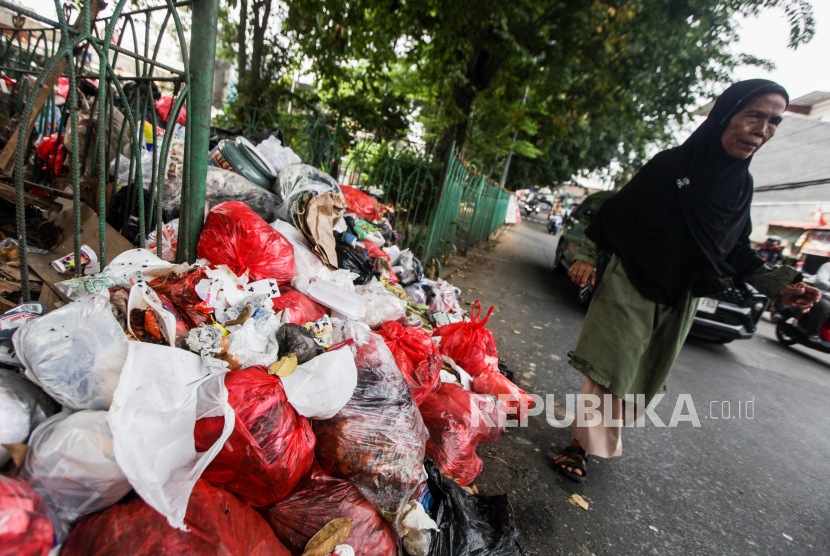REPUBLIKA.CO.ID, JAKARTA -- The Environment and Forestry Ministry emphasized the need to improve waste sorting management to ensure that Indonesia no longer imports plastic and paper waste to meet industrial needs.
The ministry's Director General of Waste, Garbage, Toxic and Hazardous Materials Management, Rosa Vivien Ratnawati, made the statement at the 2024 National Waste Bank Coordination Meeting here on Wednesday.
Ratnawati remarked that by 2030, Indonesia would no longer need to import waste as raw material, if waste sorting were to be managed well.
"That needs rigorous (efforts). We will continue to become like this. There is a lot of unmanaged waste amounting to 64 million tons of waste," she remarked.
She pointed out that currently, around 20-30 percent of plastic and hard waste raw materials are still imported into Indonesia.
"Why can this happen? (It is) because waste sorting has not been carried out optimally," she noted.
In this regard, she suggested that Indonesia's existing 17 thousand waste banks function as the sources of raw materials for plastic and paper waste to meet the country's industrial needs.
She drew attention to take several steps such as maintaining the consistency of the amount of waste raw material that can be used by off-takers or parties taking sorted waste at the waste bank.
In addition, she highlighted the importance of quality sorted waste in waste banks, as the recycling industry and off-takers need clean and free-of-label sorted waste.
Ratnawati then called on regional governments, especially environment offices, to promote waste sorting at homes and support waste banks as well as reduce, reuse, and recycle transfer stations (TPS3R) as centers for sorted waste management in their respective regions.
These steps have been deemed necessary to achieve the targets of reducing waste by 30 percent and handling 70 percent of the waste by 2025.


